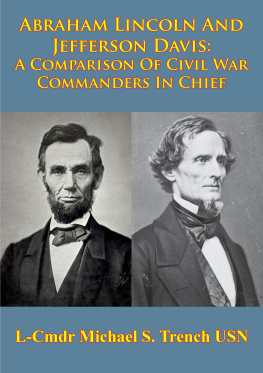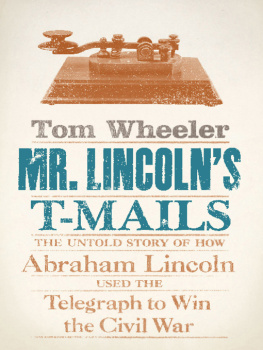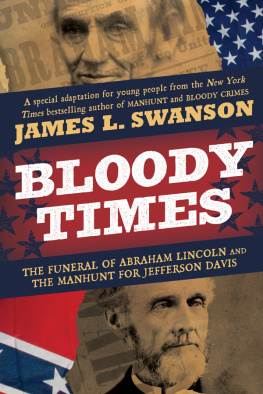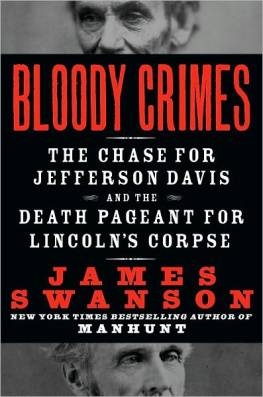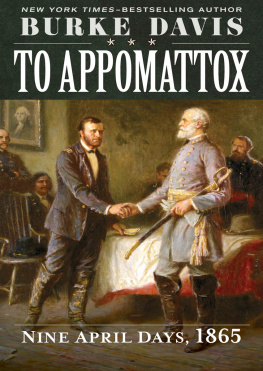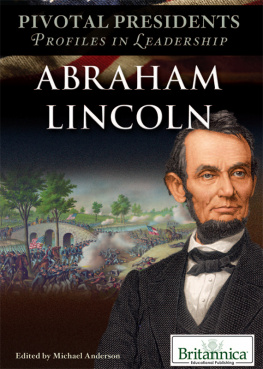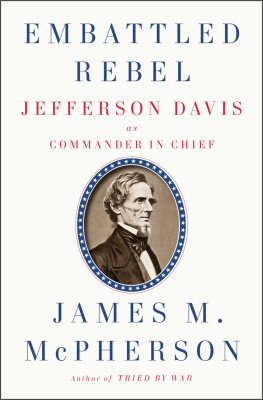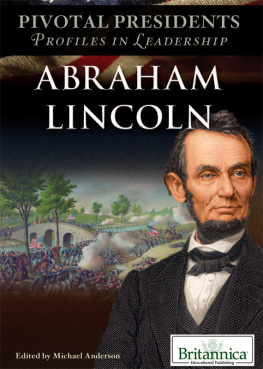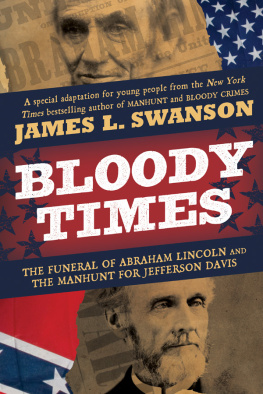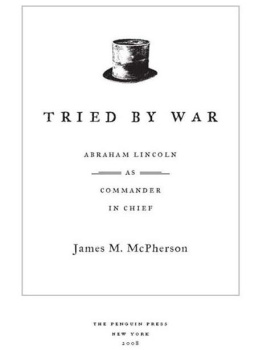

This edition is published by PICKLE PARTNERS PUBLISHING www.picklepartnerspublishing.com
To join our mailing list for new titles or for issues with our books picklepublishing@gmail.com
Or on Facebook
Text originally published in 1995 under the same title.
Pickle Partners Publishing 2013, all rights reserved. No part of this publication may be reproduced, stored in a retrieval system or transmitted by any means, electrical, mechanical or otherwise without the written permission of the copyright holder.
Publishers Note
Although in most cases we have retained the Authors original spelling and grammar to authentically reproduce the work of the Author and the original intent of such material, some additional notes and clarifications have been added for the modern readers benefit.
We have also made every effort to include all maps and illustrations of the original edition the limitations of formatting do not allow of including larger maps, we will upload as many of these maps as possible.
ABRAHAM LINCOLN AND JEFFERSON DAVIS: A COMPARISON OF CIVIL WAR COMMANDERS IN CHIEF
by
MICHAEL S. TRENCH, LCDR, USN
B.S., Southern Illinois University, Carbondale, Illinois, 1983
TABLE OF CONTENTS
Contents
ABSTRACT
ABRAHAM LINCOLN AND JEFFERSON DAVIS : A COMPARISON OF CIVIL WAR COMMANDERS IN CHIEF by LCDR Michael S. Trench, USN.
This is a study of the effectiveness of Abraham Lincoln and Jefferson Davis as Commanders in Chief during the Civil War. It begins by comparing their backgrounds prior to assuming the Presidency; then comparing their military strategies and command structures. The final area of comparison is their involvement in the first military draft in American history.
Davis had extensive government and military experience, but exhibited personality traits early on that later hampered his performance as a war-time Commander in Chief. Lincoln had very little experience, but excelled at dealing with people.
Lincoln tried several staff arrangements before finally appointing Grant as General in Chief. Davis changed his structure very little throughout the war. Although he appointed Lee as General in Chief in the first year, he lost his services by placing him in command of a field army.
Both faced strong challenges from a powerful governor over the draft. Davis first tried to win over the governor, then appealed directly to the people. Lincoln publicly kept distant from the draft and worked behind the scenes.
CHAPTER ONE INTRODUCTION
When the Civil War began in 1861, the Confederacy seemed to hold one very definite advantage over the Union, its Commander in Chief. A graduate of West Point and commander of a regiment in the Mexican War, Jefferson Davis had led more men in combat than most generals on either side. Additionally, he compiled a distinguished record in the House of Representatives and Senate and served as Secretary of War under Franklin Pierce. His military and political records were matched by few men in the country when the war broke out.
The Union, on the other hand, was led by Abraham Lincoln. A lawyer from Illinois, Lincoln brought a total of three months' military experience to the White House. He had served only one term in the House of Representatives and four in the Illinois State Legislature. While the two seemed incredibly mismatched to lead their governments into war, the war itself proved otherwise. From their different backgrounds, each brought different strengths and weaknesses into office. Neither man wanted a war; but once it began, both had their own ways of dealing with the multitude of problems they faced.
Of the many functions a President performs, the role of Commander in Chief during war is arguably the most difficult. Clausewitz agreed; in On War, he said "the demands for intellectual and moral powers are vastly greater... a commander in chief must also be a statesman, but he must not cease to be a general." Lincoln and Davis struggled to maintain this balance for four years. While both had successes and failures, there would be only one victor. How effective were Lincoln and Davis as Commanders in Chief?
Two assumptions were necessary to begin this study. First, in order to compare the job performance of any two individuals, the jobs they perform must either be the same or equivalent enough to provide a worthwhile means of comparison. The United States Constitution uses the following description: "The President shall be Commander in Chief of the Army and Navy of the United States and of the Militia of the several states when called into actual service of the United States." The Confederate Constitution, which borrowed heavily from that of the United States, used the same definition. A strong argument can be made that Davis's position was considerably more difficult than Lincoln's because of the Confederacy's commitment to states' rights. While this is true, Lincoln also had to contend with states' rights; the Republican platform in 1860 specifically addressed the conservation of states' rights. Balancing national interests against the rights and interests of the states was a difficulty both men faced throughout the war.
The second assumption is that victory in war is not the sole qualifier of an effective Commander in Chief. Once it was assumed the comparison could be done, the next step was to decide what categories would be used to measure the performance of the two Presidents. If victory is the only real measure of effectiveness, then it is pointless to continue. It must be assumed that Jefferson Davis could have been an effective Commander in Chief, or could have been effective in some aspects and still lost the war.
The Civil War is probably the most well-documented war in American history. A large amount of literature is available on nearly every important figure. This is especially true regarding Abraham Lincoln. Every aspect of his presidency has been analyzed; his leadership style alone has been the source of several books. These works are almost unanimous in their praise of his character and abilities, and most authors consider him a model as President and Commander in Chief.
The opposite is true regarding his counterpart, Jefferson Davis. While many works have been written about him, he has not inspired the same volume of works or respect as Lincoln. Authors vary widely on their opinion of Davis, most tending to think he was an ineffectual leader. This is especially true of books written in the first thirty-to-forty years after the Civil War; most authors blamed Davis for all the ills of the Confederacy. Since then, a few have tried to present a more balanced picture of the President of the Confederacy.
A possible problem area then, is the bias in most works dealing with these two men. Some works on Lincoln take on an almost reverent tone. Many recollections of people of the time are likely colored by their grief over his assassination. Davis presents a different case; he was blamed for everything from starting the war to plotting the assassination of Lincoln. The plan to work around this bias is to use primary sources and recent works as much as possible. The main source of information for this study is the Official Records of the Union and Confederate Armies. Another possible source is the papers of both men. Each has an extensive collection, but these are not a primary focus of research due to the difficulty in gaining access to them. While these are no doubt the best source of information, time constraints will not allow efficient use of these documents.
Next page
